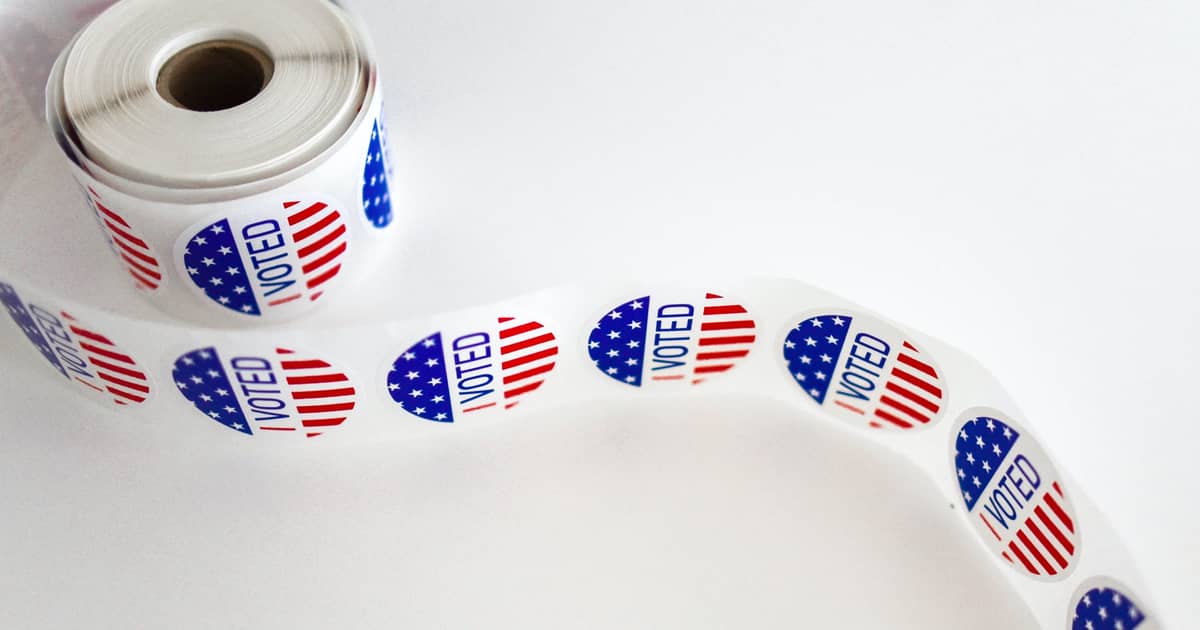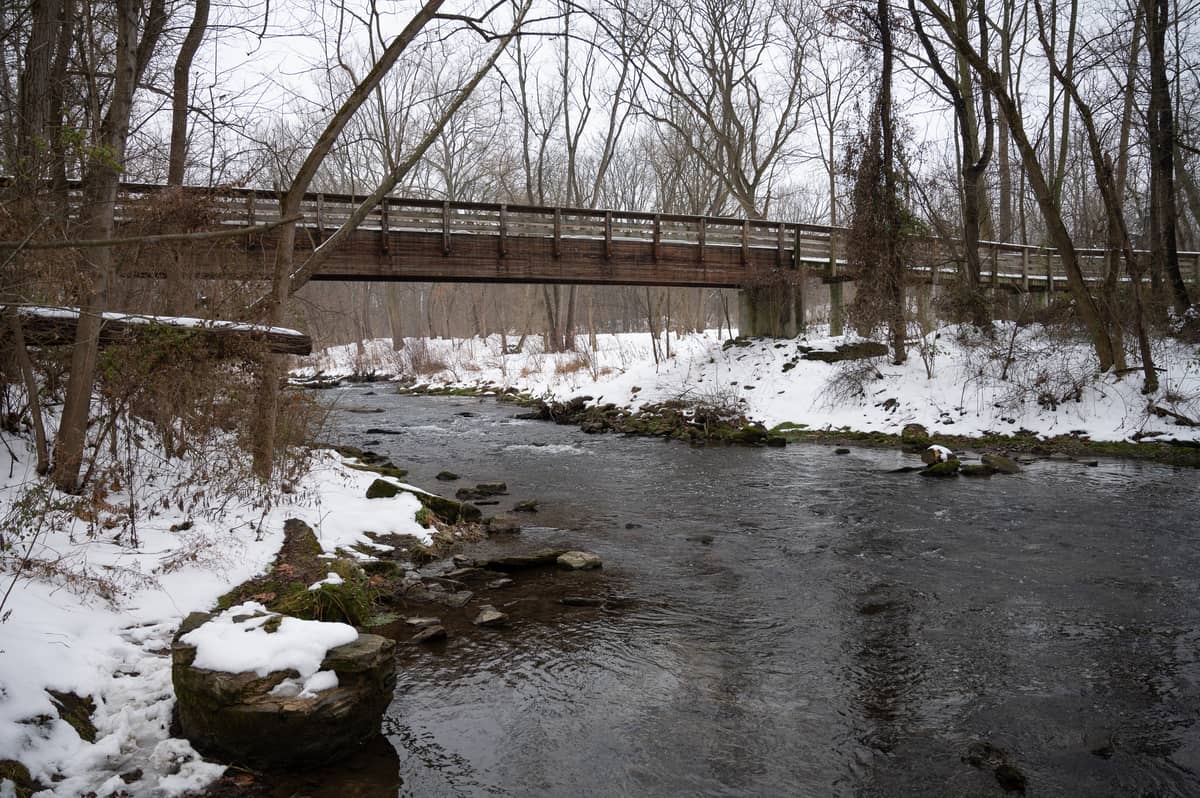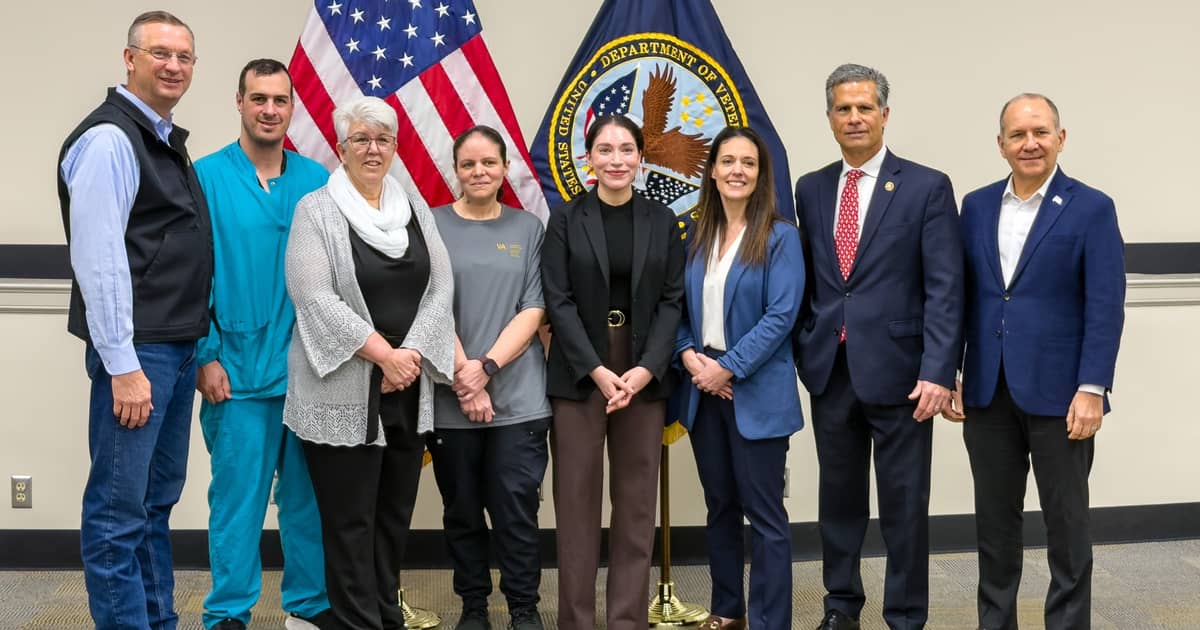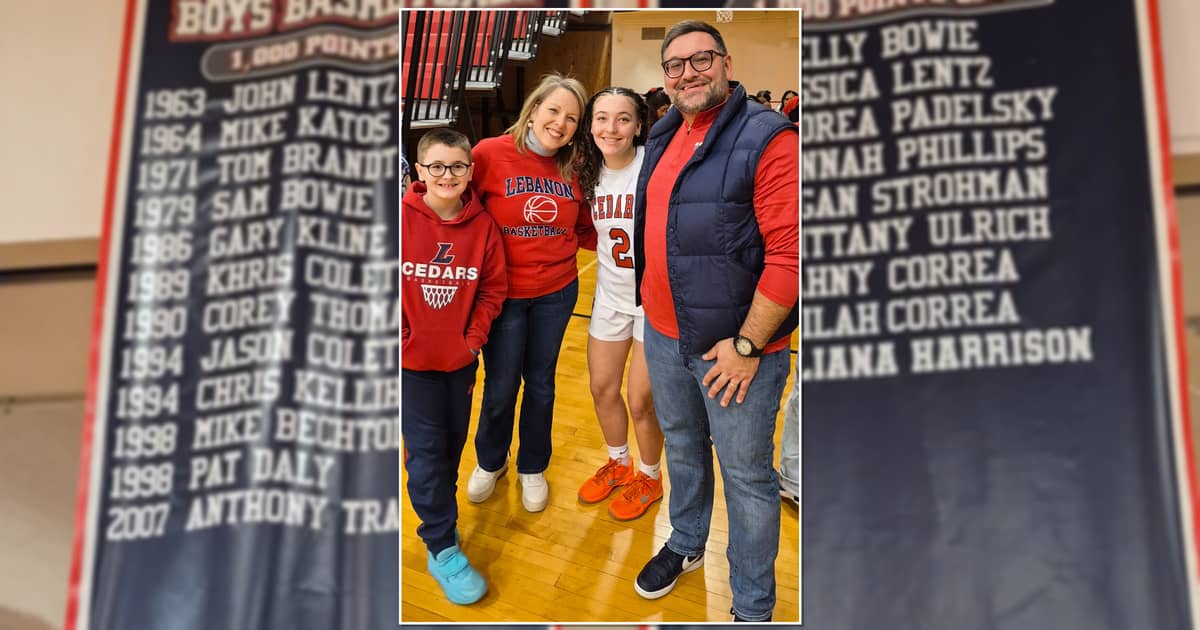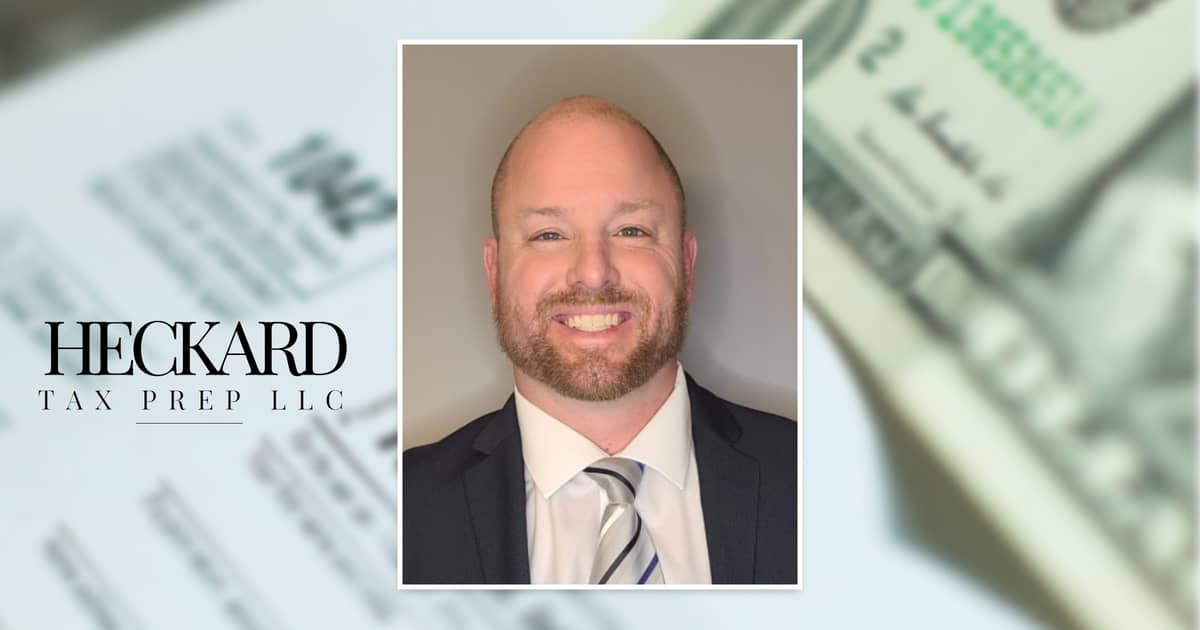June 2 was just a primary election. Few contested races, local or statewide, no ballot questions, and no contests for federal office. A real snoozer, right?
Michael Anderson, Lebanon County’s Director of Elections and Voter Registration, would probably disagree with that description.
Not only was this month’s primary the first to allow anyone to vote by mail, but it happened in the midst of the novel coronavirus pandemic.
Read More: New procedures, precautions in place for June 2 primary, all polling places open
Figuring out how to process mail-in applications, get the ballots out and back in time, then how to count them promptly, would be a big first-time assignment under any conditions. But Anderson and his staff faced an additional hurdle: COVID-19 restrictions on personal contact made in-person training of poll workers and ballot counters almost impossible.
“We didn’t have training,” Anderson said. “We had no training whatsoever because of COVID.”
While Anderson didn’t have a final breakdown as of June 4, he estimated that the 28,401 votes cast broke down to about 52% in-person, 48% mail-in.
Turnout was 38.37%.
Read More: Preliminary results for the Lebanon County 2020 primary election
There were problems elsewhere in the state, but, all things considered, the June 2 primary in Lebanon County was a success.
No major problems, but stick with what you pick
“There were no major problems,” Anderson said in an interview at his Municipal Building office last Thursday, even though “we had 13,000 ballots that, for the first time, we had to count differently.”
“We had to swap out a couple ballot scanners, but we have spares and procedures in place for that.” Anderson also mentioned a few damaged ballots that had to be manually prepared to go through scanners.
“The biggest thing on [June 2], with the mail-in ballots being so new, we had a lot of people who signed up for a mail-in ballot, and then they decided to vote at the polls.” Anderson said that causes extra time and effort for election workers, and for the voter.
At present, that’s legal, says Anderson, but it requires filling out a provisional ballot at the polling place, causing an unnecessary delay for poll workers, the voter, and those waiting to vote. “It really kind of defeats the purpose. Why did you ask for a mail-in ballot?”
Then, after the polls close, “those provisional ballots all have to get back to the municipal building, have to be reviewed to make sure the person hasn’t voted twice, and then the election board has to review each one to decide if they get counted.”
“That kind of bogs down the system. We had just under 300 provisional ballots, and about 85% of them were people who received mail-in ballots, then decided to vote in person.”
Anderson would like to see the law change to prevent this. “It really should be a choice – mail-in or vote in person. And when you make that choice, that’s what you should have to follow through with. You gotta stick with what you pick.”
Looking ahead to the November general election
The 2016 presidential election saw a countywide turnout of 72.5% according to Anderson. With interest in presidential politics at least as high this year, plus the introduction of mail-in voting, Anderson says he wouldn’t be surprised if the turnout this fall is even higher.
“We’re in the 80s [in presidential years], usually, out in the townships and the boroughs. The city [of Lebanon] is in the 50s, maybe 60s.”
“The city drives how high it will be,” Anderson said. “If the turnout in the city is low, as it normally is compared to the rest of the county . . . I’m thinking 75%.”
“With mail-in and with the ability of people not having to go to the polls and wait in line, which is a big plus for people . . . I think we could get close to 80%.”
And that possibility leads to Anderson’s biggest worry about November: How long will it take to count all the mail-in votes?
As the law stands now, the mail-in ballot envelopes can’t even be opened, much less counted, until 7:00 a.m. on Election Day morning.
“My thing is that you need to allow us to at least open the mail-in ballots and get them ready for scanning on the Monday before [Election Day], if not earlier. Even though voters can turn in mail-in ballots until the polls close on election night, on Monday night we could open the envelopes we already have and get them ready for scanning.”
Mail-in ballots, Anderson explained, need to be removed from their outer envelopes and flattened before they are run through the scanners. This might sound like a quick and easy thing, but Anderson says it takes up precious time if you only start after the polls close.
“Actually running ballots through the scanners is quick. Getting them ready for scanning takes longer than the actual scanning.”
Anderson says he’s spoken to local General Assembly members Russ Diamond, Frank Ryan, and Dave Arnold about this. “We told them, the way that the [ballot opening] rules are now, you will not have election results on election night. That is going to be the biggest thing.”
Anderson would also increase the deadline for a mail-in ballot application to be received by election officials to ten days before the election, instead of the current seven. “We received at least 300 mail-in applications on the last day. We worked until 8:00 p.m. that night, to get them in the mail on Wednesday. That was a Wednesday before a Tuesday election.”
Finally, Anderson is not overlooking a wild card for November, something that he and his staff can’t control. “We’ll have to see where we are with COVID when we get to November. Is it going to be better? Is there going to be a re-occurence? All those things are unknown at this time.”
UPDATE: This post was updated on June 15 at 4:45 p.m. to accurately state the earliest time that mail-in ballot envelopes can be opened by election officials.

